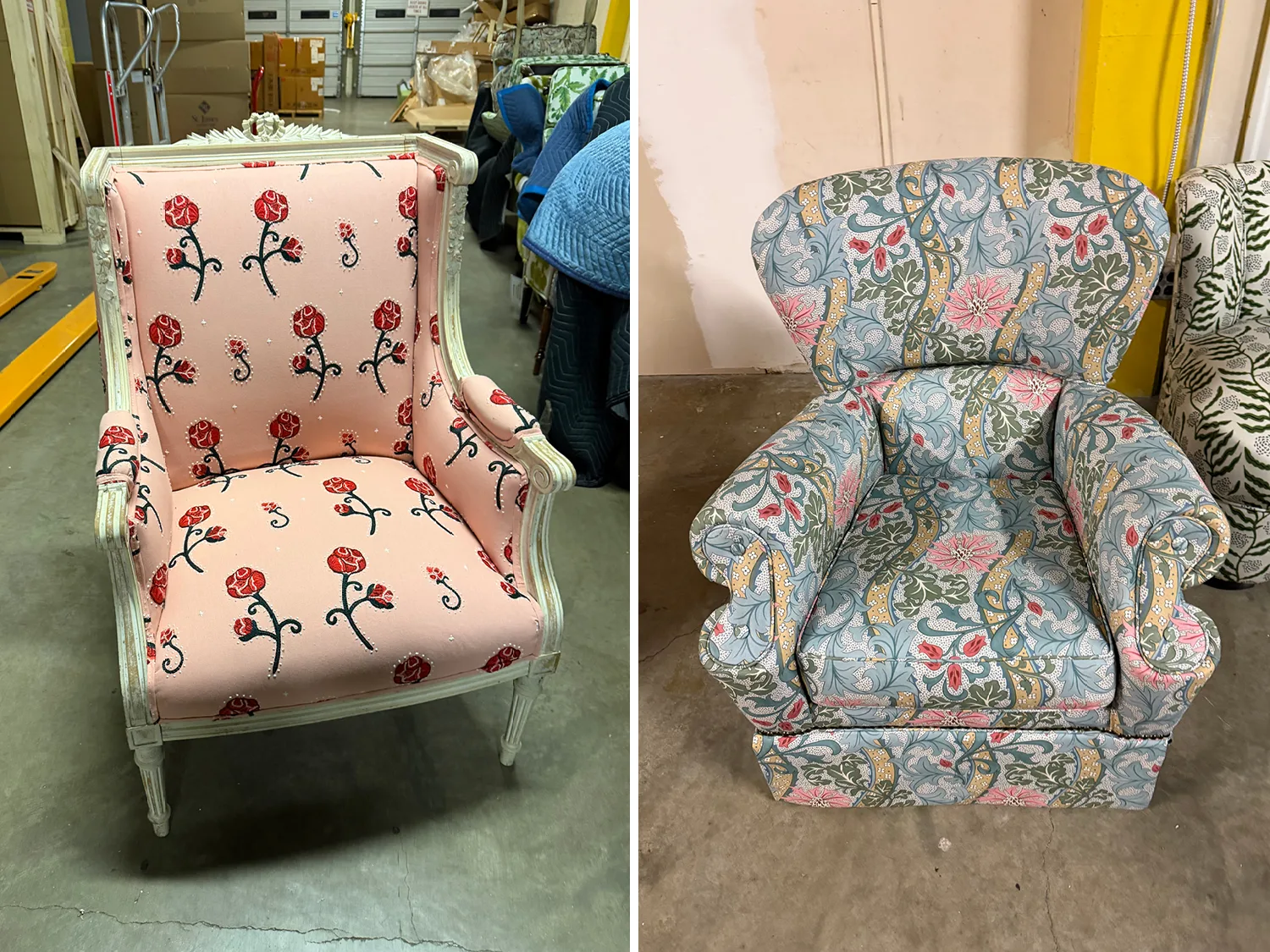In the October issue of Esquire, Stephen Marche announced that marriage is no longer the stuff of situation comedy—it’s a psychological thriller, full of mysteries, secrets, and betrayals.
Maybe his is. But when we asked friends how marriage had changed them, it sounded like a morality play.
Get a weekly dose of home and style inspiration
Subscribe to the St. Louis Design+Home newsletter to explore the latest stories from the local interior design, fashion, and retail scene.
“More than anything, I am much less selfish and self-absorbed,” notes Paula Fike-Daum.
“I am less impetuous and more considerate, at least of my partner” says foreign service officer hannah draper (who styles her name lowercase).
“I’m far more patient and humble,” says writer Linda Briggs-Harty, “after living with someone for 26-plus years who epitomizes patience and humility.”
“Me: more tolerant and understanding,” sums up researcher Sandra Zak. “Him: more fiscally responsible (thank God!).”
STL Programs president Jeff Fister tells me being married has made him kinder, more spiritual, and more positive. Is that because marriage encourages such traits, because having eight kids requires them, or because his wife exhibits them? “I think Laura’s influence and her characteristics—being intrinsically more kind, more spiritual, and more positive—help me become more like that,” he replies, “and keep any of my more negative inclinations from taking hold for too long. Does that make sense?”
It does indeed. A friend confides, “I married someone who is a better person than I am, so the sheer proximity of being with a kind, nice person for 21 years has made me a better person. It’s also the reason to marry someone who is your complete opposite in personality—you actually become a more well-rounded person, and your life gets bigger, because they bring people into your life who would never be attracted to you as a friend!”
After seven years of marriage, artist Scott Lowenbaum finds that his partner—Dr. Russell Strom, a chief resident in neurosurgery—has made him “incredibly cautious of incidental findings and incredibly aware of how fragile and complex the brain is. He opened my mind to science, and he made me stop being afraid. I hadn’t really thought of the muscles and the framework on which they lie every time I draw, and now I am much more aware of the structure under the surface.”
Whatever happens, change is inevitable, notes the Rev. Sandy LaRouche of Ever After Weddings. “After marrying 929 couples, I can say that if marriage doesn’t change each of the two people involved, there will be problems,” she says. “For the sake of the wine, the grapes must suffer, and for the sake of marriage, sometimes our personalities must change.”
Some talked about the strength and consolation a marriage lends. “In over 20 years of marriage, both parties change,” notes Bill Jadkowski, “and with life’s ups and downs, we provide one another ballast, as it were, particularly during down times.”
But Mary Bauer Thompson says it has also made her stronger on her own: “I now realize that if I’m not happy with myself, I won’t be happy with my marriage or any other relationship.” And Rachel Wagers Baumann says marriage has made her “more steady, more resilient, more self-confident… I’ve found my husband to be a hugely calming influence on me.”
I once made a list of what I’d learned from my husband. An excerpt: To be patient. To be still. To save towels and cardboard boxes for wounded birds. To notice the moon each night. To refrain from panic. That romance isn’t roses and compliments; it’s helping somebody throw up. That you buy a kid’s magazine subscription even if it costs extra. That it’s possible to love somebody more every year for the rest of your life.
There’s suspense, there’s intrigue, and eventually, there’s death. But it’d never work as a thriller. Because the whole point is to already know how it ends.










